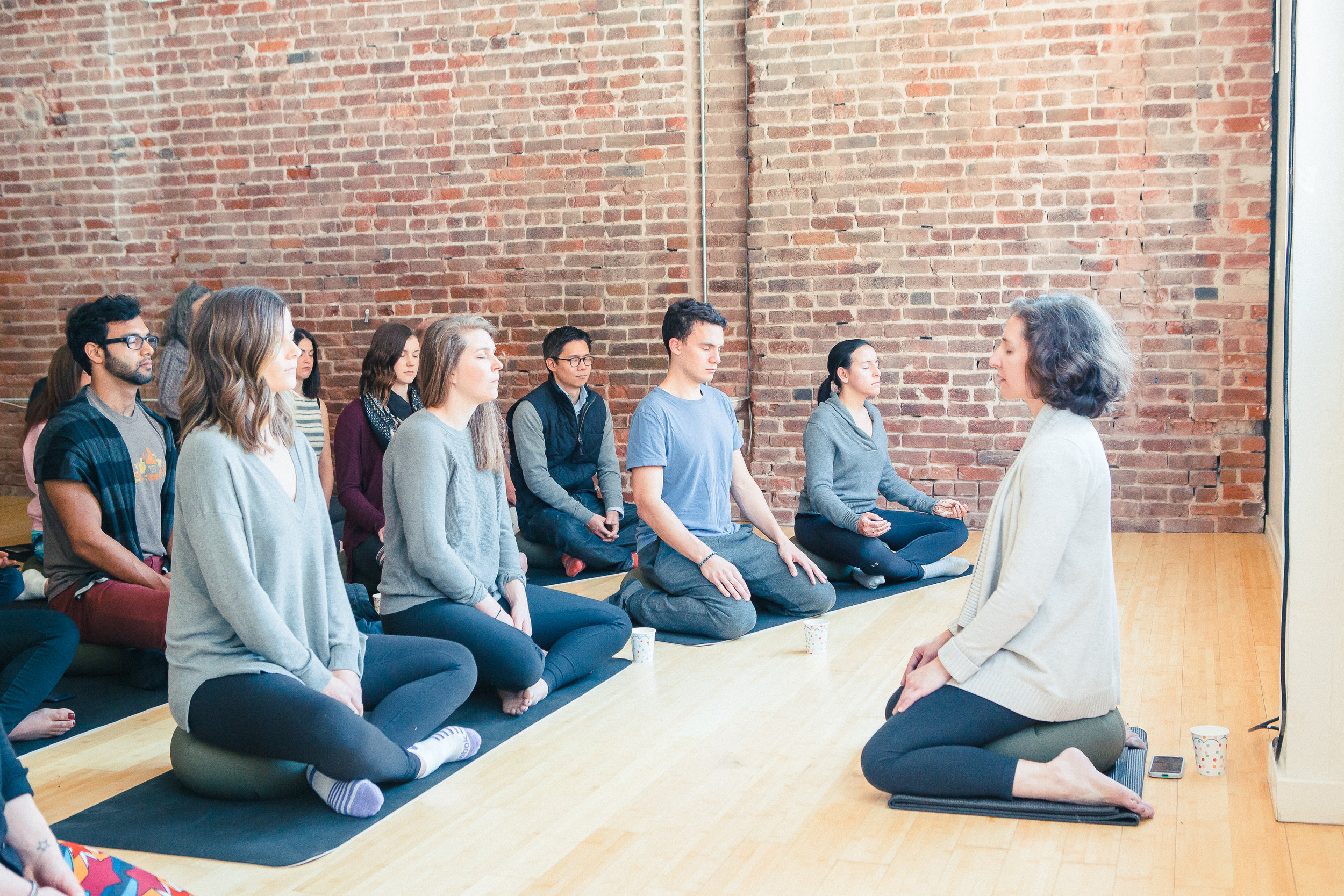Mindfulness Specialist: Enhancing Well-being Through Expert Guidance
Understanding the Role of a Mindfulness Specialist
A mindfulness specialist is a professional dedicated to guiding individuals through practices that cultivate awareness, presence, and emotional balance. These experts are trained to implement various mindfulness techniques, such as meditation, mindful breathing, and body scans, with the aim of enhancing overall mental health and personal development. Their core responsibilities involve designing and delivering mindfulness programmes tailored to meet the unique needs of each client, whether in individual or group settings. The role requires not only a deep understanding of mindfulness practices but also the ability to connect with clients on a personal level, fostering a supportive environment for growth.
Typically, mindfulness specialists hold relevant qualifications and certifications, often from recognised institutions or through specialised training programs. They may have backgrounds in psychology, counselling, or coaching, combined with extensive training in mindfulness practices. This blend of education and experience equips them to effectively address various issues, from stress and anxiety to personal growth and professional development. Their role is crucial in helping clients navigate life’s challenges with greater ease and resilience.
The Benefits of Working with a Mindfulness Specialist
Engaging with a mindfulness specialist can lead to profound improvements in mental well-being. Regular mindfulness practice is known to significantly reduce anxiety and stress levels, offering individuals tools to manage their emotions more effectively. By fostering a state of calm and focus, mindfulness helps in enhancing productivity and concentration, which can be particularly beneficial in high-pressure environments.
Beyond the immediate benefits, mindfulness also supports personal growth and self-awareness. Clients often report a deeper understanding of themselves and their motivations, which can lead to more informed decision-making and a greater sense of purpose. Moreover, mindfulness practices promote better relationships by encouraging more empathetic and mindful interactions with others, thereby strengthening communication and reducing conflicts.
How Mindfulness Specialists Implement Their Techniques
Mindfulness specialists use a variety of techniques to help clients develop a consistent mindfulness practice. Common methods include guided meditation, where clients are led through focused sessions to cultivate a sense of calm and presence. Mindful breathing exercises are also employed to help individuals centre themselves and manage stress in real-time. Another technique, body scan meditation, involves paying close attention to different parts of the body to increase bodily awareness and relaxation.
These techniques are often customised to fit the specific needs and goals of each client. Specialists work closely with individuals to identify their unique challenges and tailor their approach accordingly. Additionally, technology plays a supportive role in modern mindfulness practices. Specialists may utilise apps and online resources to provide clients with tools for practice outside of sessions, ensuring continuous support and engagement.
Integrating Mindfulness into Daily Life
Incorporating mindfulness into daily routines can transform one’s approach to life and work. Establishing a regular mindfulness routine involves setting aside dedicated time each day for practice, whether it’s through meditation, mindful walking, or simply taking moments to focus on the present. Consistency is key to experiencing the full benefits of mindfulness, and creating a routine helps in making these practices a natural part of daily life.
For professionals, integrating mindfulness into the workplace can enhance productivity and reduce stress. Simple practices such as mindful breathing or taking brief mindful pauses throughout the day can improve focus and prevent burnout. Similarly, families can benefit from mindfulness by engaging in practices together, fostering a supportive environment that promotes emotional well-being and resilience.
Evaluating the Impact of Mindfulness Specialisation
Assessing the effectiveness of mindfulness practices involves monitoring progress over time. Clients and specialists work together to track improvements in mental health, stress levels, and overall well-being. Regular reflection on the impact of mindfulness practices helps in identifying areas for adjustment and ensuring that the techniques remain effective and relevant.
The benefits of mindfulness extend beyond immediate improvements, contributing to long-term well-being. A sustained mindfulness practice supports ongoing personal and professional development, helping individuals maintain a balanced and fulfilling life. By continually adapting their approach based on client feedback and progress, mindfulness specialists ensure that their guidance remains impactful and beneficial.
Finding the Right Mindfulness Specialist for You
Selecting a mindfulness specialist involves finding someone who aligns with your personal needs and goals. Key factors to consider include the specialist’s qualifications, experience, and approach to mindfulness. It’s important to choose a professional with whom you feel comfortable and who demonstrates a clear understanding of your unique challenges.
During an initial consultation, ask questions about the specialist’s methods, experience, and how they tailor their practices to individual needs. A good mindfulness specialist will offer a clear plan for how they can support your journey and help you achieve your desired outcomes. Ensuring that their approach resonates with your personal goals will enhance the effectiveness of your mindfulness practice.

